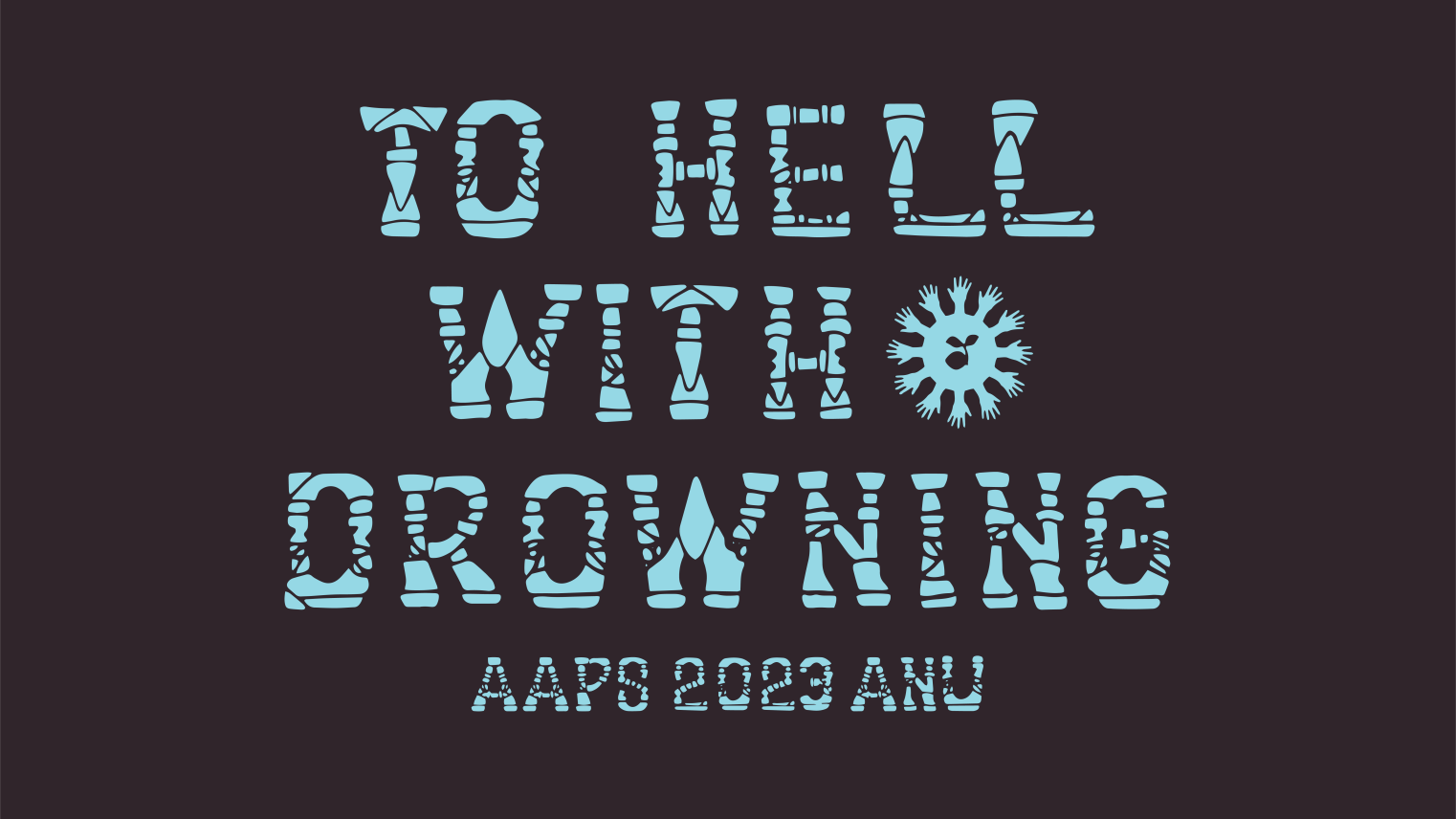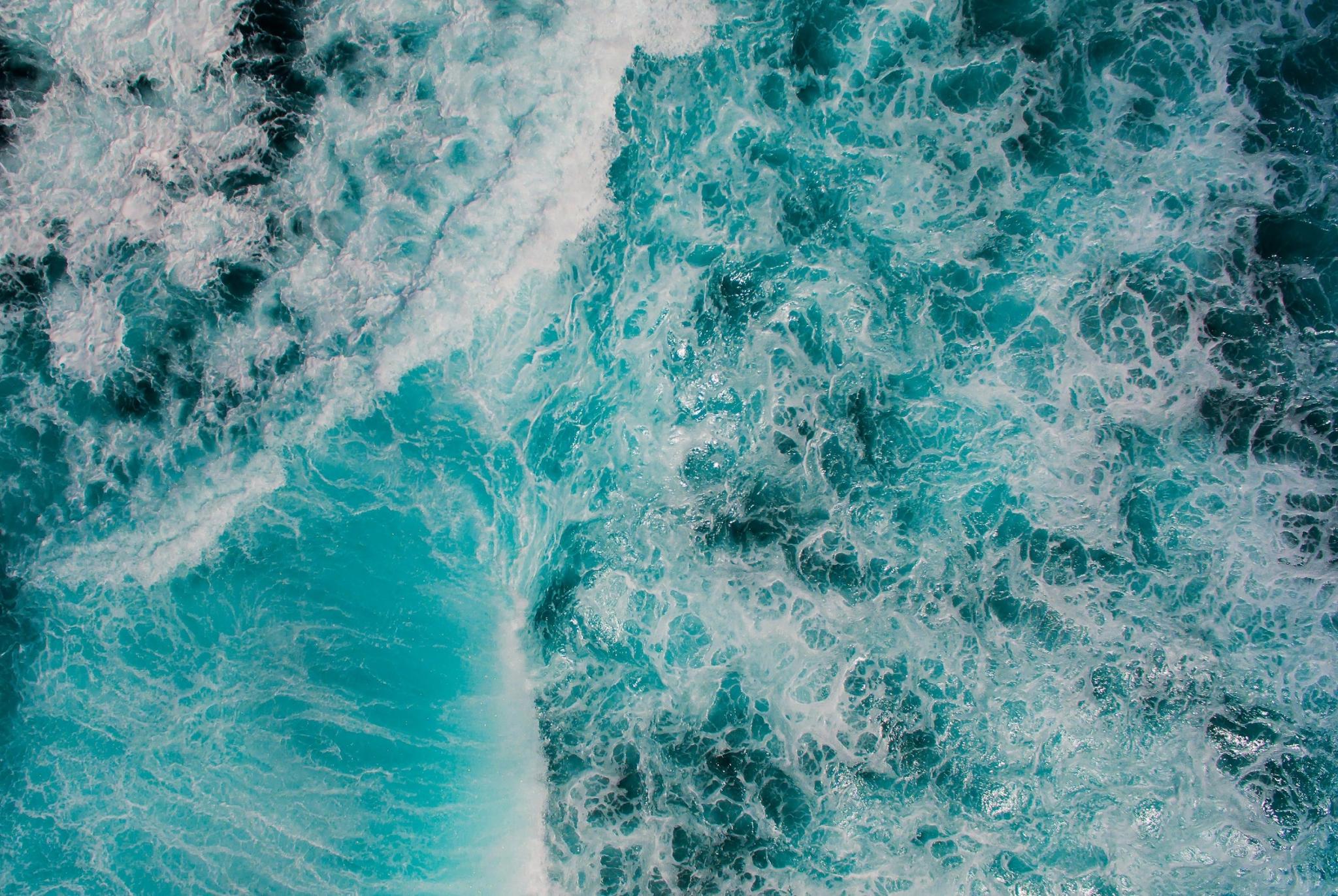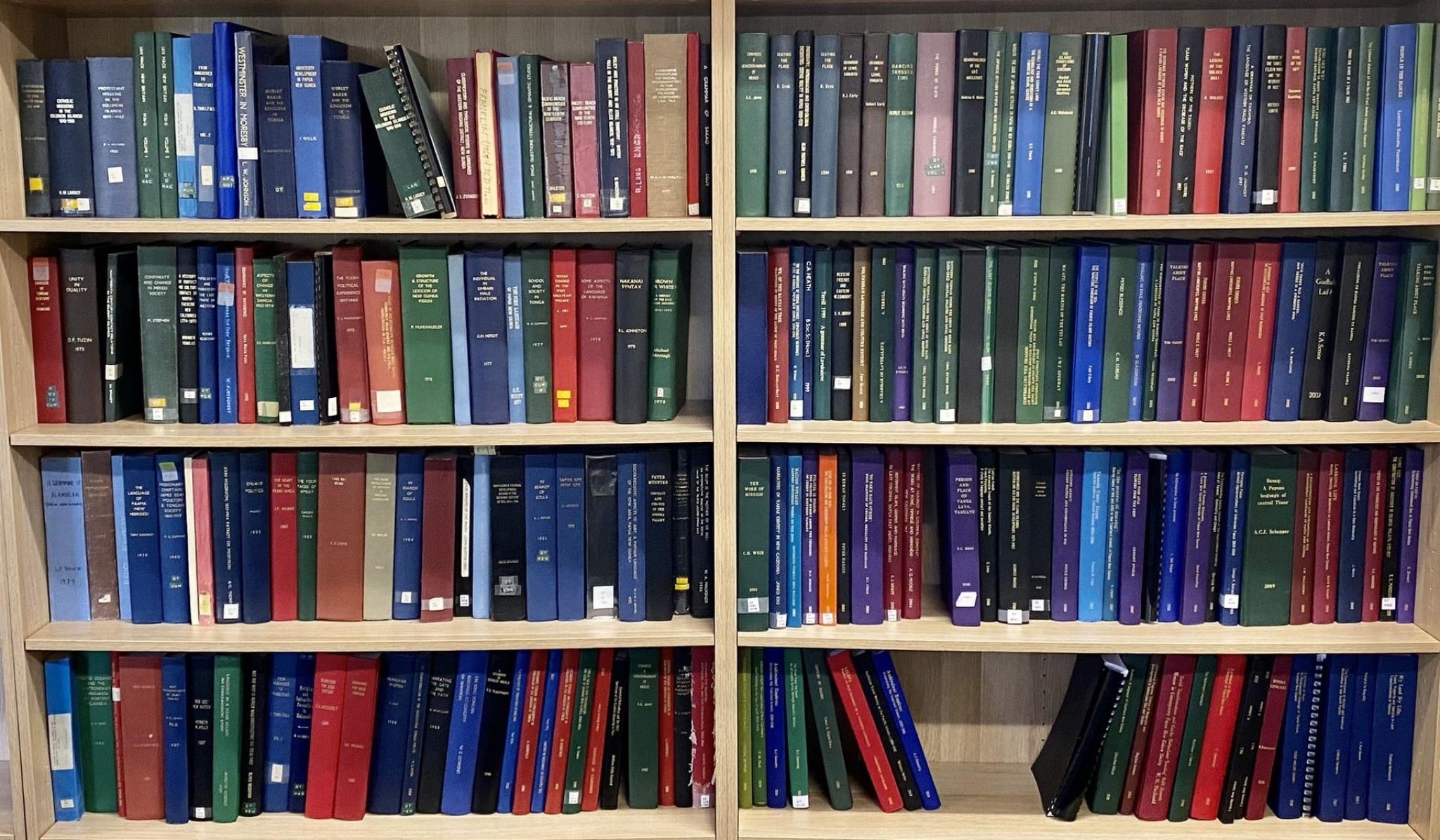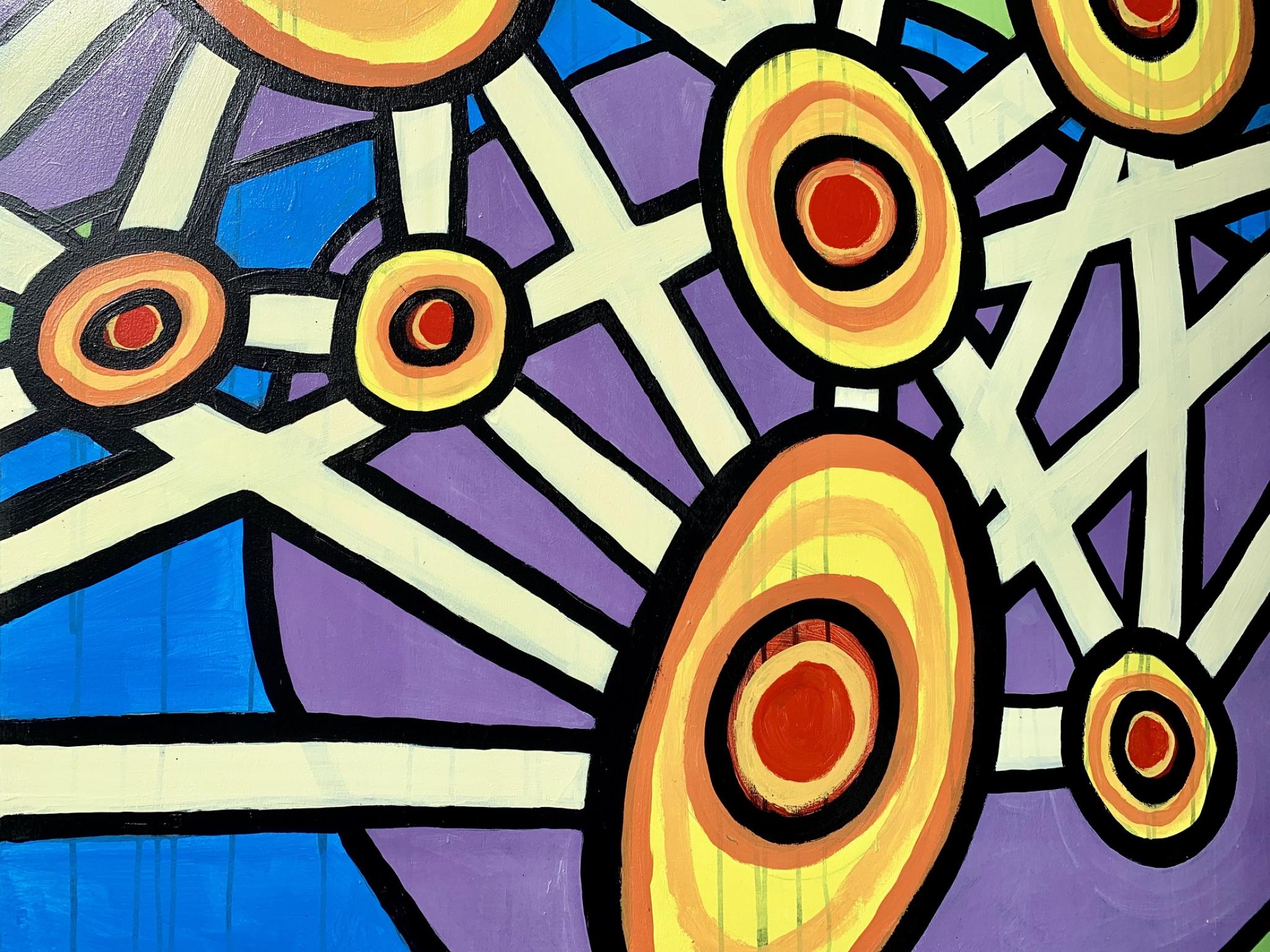Another very important part of the Pacific Studies legacy at ANU resides in the new OCEANIA room at the HC Coombs Building. The ANU School of Culture, History & Language is regarded as one of the leading interdisciplinary and transdisciplinary schools at the forefront of Pacific Studies. This collection credits this claim with its prestigious list of PhD alumna in the disciplines of history, anthropology, political science, languages, archaeology and gender, media and cultural studies. This includes the renowned “father of Pacific Studies”, Professor Epeli Hau'ofa, a pioneer and visionary in the field, with his anthropology PhD thesis on the Mekeo people of Papua New Guinea. He is today most known for his influential essays “Our Sea of Islands” and “The Ocean in Us”, both of which proposed a radical revisioning of the Pacific as Oceania. Some other prominent alumnae whose theses we have are Sione Lātūkefu, Pacific Island historian and first Tongan to complete a Bachelor of Education, Dr. Alumita Durutalo, an expert in Pacific politics, development, and indigenous leadership, Dr. August Kituai, early Indigenous historian of Papua New Guinea and Reverend Dr. Kambati Uriam, renowned I-Kiribati theologian and historian. All mentioned had completed their PhDs through the ANU Research School of Pacific and Asian Studies (RSPAS), now CHL.
These theses serve as the cornerstones of Pacific Studies at ANU and internationally today, and reflect CHL’s enduring commitment to the field. They are examples that challenge colonial structures concerning the region and instead introduce innovative frameworks and ideas to accommodate Pacific ways of knowing and being. Many employ creative devices, such as storytelling and metaphors, within these theses to convey their messages and construct disciplinary criticisms.



